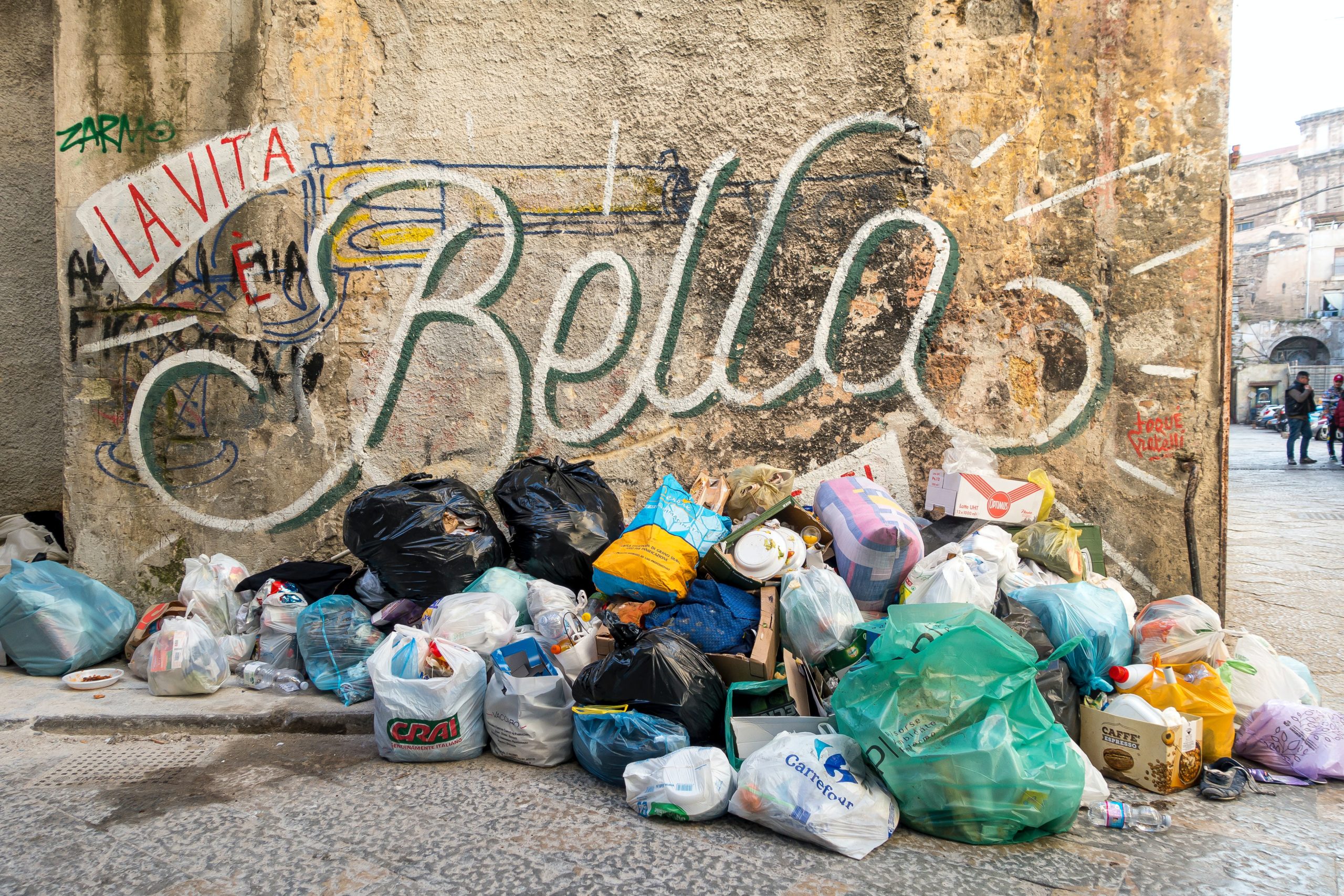Daily, we open around 5 to 10 times our trash to fill it with rest of food, finished products. For me, it was something normal as you always did it but lately, I began to wonder. The more I heard about climate change and the environment, the more I began to look into waste and recycling. Well, the goal is to protect our planet and one of the main movement praising the safety of the Earth is the low waste movement or zero waste movement. By doing that, they hope to reduce our waste impacting negatively the environment.
But what are the types of waste, what is the global waste index, what is the real impact on our health and the air pollution and what can we do to change that, here are the questions we help you with.
What are the types of waste?
According to different websites, you can find from 4 to more than 20 types of waste. There are two main sources of waste: households (domestics) and industrial waste (industrial, commercial, agricultural). In those you have: liquid and solid rubbish (plastic, paper, cans, metals, glass), organic ones and hazardous ones (toxic).
This is where it gets complicated! You have two other categories: recyclable or biodegradable rubbish and non-recyclable ones.
The easiest to find out what type of rubbish you have you can look at the logos on the covers of the product.
All those waste are collected and are put together to create the global waste index.
What is the global waste index?
According to Sensoneo, a smart waste management company, the global waste index is an analysis of waste management. It takes into account 6 different factors: from the waste produced per person to the one converted into new material and the one dumped illegally.
In 2016, 5 tonnes of waste was generated per EU inhabitants and not even 40 % of those where recycled.
However, we are happy to let you know that between 2005 and 2018 the amount of municipal waste decreased from 515kg per capita in 2005 to 489 kg per capita (Eurostat, “Municipal waste statistics”, 2020). Municipal waste represents only 10 % of the total waste we produce.
What is the impact on the environment and our health:
Global warming is a human-caused “earth sickness” coming from greenhouse gas. Those come from tourism, transportation, wrong waste management etc…
Some waste can be toxic for the land which we cultivate, for the water that we drink or use and for the air we breathe.
According to research done in the UK, there are several impacts on the human body coming from wastes such as increasing rate of cancer and lung disease (Municipal waste statistics. (n.d.) 2004. Retrieved from https://ec.europa.eu/eurostat/statistics-explained/index.php/Municipal_waste_statistics)
What can we do to change?
We need to take care of our planet and make sure that we stay healthy and keep her alive. Small changes can have such a big impact: For example, reducing plastic:
- tissue bad instead or plastic bag
- metal straw instead of plastic ones
- buying in recyclable packaging
- using bamboo toothbrush instead of plastic one
- Using refillable products
Make sure you recycle the right product. You can also DIY a few things to reduce your wastes. Here is one video I found for you:
In your kitchen, while cooking, do not throw away the excess and look up recipes or tips on how to recycle your peels or excess of food.
In your bathroom review the use of your shampoo or soap and look for less harmful ones.
Look in your neighbourhood for any shop that sells products free from containers (you bring your containers and you buy per kilo) or refillable. In the UK you can find zero waste shop in every big city. You can also contact local farmers to see if they sell boxes of seasonal products.

For the air inside your home, you can look into indoor plants.
Reducing the impact of our waste, spending less money (plastic bags are around 0.10 pounds now), making sure your house looks chic and luxurious even while being sustainable! No worries we are here for that! Subscribe to the monthly newsletter to make sure you don’t miss any posts. I am so happy you passed by and would love to hear from you so leave a comment.
Don’t forget to follow us on Twitter and Instagram!


